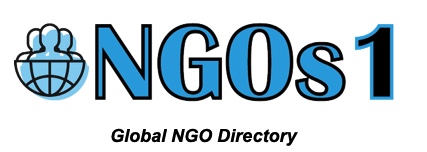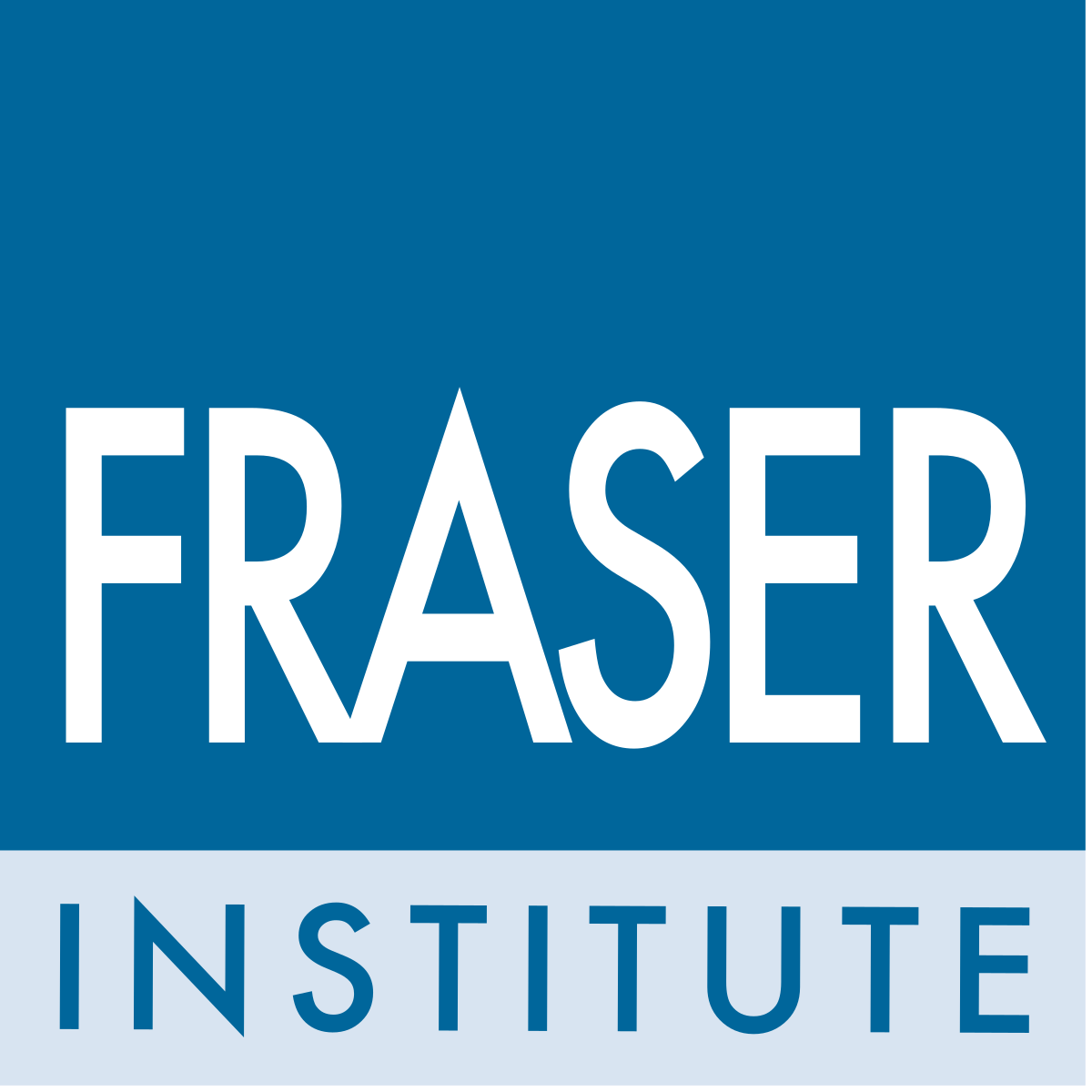NETWORKS
BY PARTAKING IN LOCAL AND REGIONAL NETWORKS, ACER IS WORKING TOGETHER WITH OTHER PARTNERS AND STAKEHOLDERS, AND COLLABORATING AROUND A COMMON PURPOSE.
-

ACER is one of the founders of the Southeast Europe Leadership for Development and Integrity (SELDI), which was created in November 2012.
About SELDI
SELDI is an anti-corruption and good governance coalition created by like-minded CSOs in Southeast Europe, involving partners from nine countries (Albania, Bosnia and Herzegovina, Bulgaria, Croatia, Kosovo*, Republic of North Macedonia, Montenegro, Serbia and Turkey). As of 2020, it encompasses 39 members (CSOs and anti-corruption agencies) from 14 countries (including Armenia, Georgia, Moldova, Ukraine and Romania). The Network is operating on the basis of joint strategy and agreed action agenda. Its objective is to contribute to a dynamic civil society in the region, capable of participating in public debate and influencing policy and decision-making process in the area of anti-corruption and good governance.
The regional initiative is a continuation of the Southeast European Legal Development Initiative (SELDI), created in 1999 by leading not-for-profit organizations, representatives of government institutions and experts from the countries of Southeast Europe aimed at public-private coalition building for legal development in Albania, Bosnia and Herzegovina, Bulgaria, Croatia, Greece, Republic of Macedonia, Romania, Slovenia and Turkey.
More about SELDI, check here
ACER has been part of the National Network of CSOs Against Corruption since October 2024.
ABOUT THIS NETWORK
Within the framework of this project “Civil Society against Corruption” being implemented by the Albanian Helsinki Committee (AHC), the A.L.T.R.I Center and Friends of Europe (FoE), the National Network of CSOs Against Corruption has been established, an informal network that aims to unite civil society organizations, public institutions, the media, businesses and other stakeholders in efforts to fight corruption, strengthen the rule of law and good governance. The network is open to all organizations that wish to be involved and ACER has become part of this network starting from October 2024.
More about netwok, check here

ACER has been part of NGOs, or non-governmental organizations, since August 2024.
ABOUT NGOs
NGOs1 offers insights on global nonprofit organizations by country, helping users find relevant initiatives. The platform tracks recent activity, helping organizations understand which content and strategies engage their audiences. By observing these trends, users can refine their social media approach to maximize impact.
More about NGOs, check here

ACER has been a key partner and thus working with Cipe Albania from 2009 to 2018.
ABOUT CIPE
CIPE is an institution that works to support democracy and to strengthen the private sector. It supports democratic and economic development in the world’s most challenging places.
Long after a country or a region disappears from the headlines, important work remains to prevent progress from being overturned. CIPE supports its local partners in leading sustainable development initiatives and assists key reformers in places where progress has yet to take hold. CIPE and its partners apply lessons learned across regions, taking innovative approaches in countries at various stages of democratic and economic reform.
More about CIPE, check here


ACER is part of UNCAC Albania since 1997.
About UNCAC
The United Nations Convention against Corruption is the only legally binding universal anti-corruption instrument. The Convention’s far-reaching approach and the mandatory character of many of its provisions make it a unique tool for developing a comprehensive response to a global problem.
The Convention covers five main areas: preventive measures, criminalization and law enforcement, international cooperation, asset recovery, and technical assistance and information exchange. The Convention covers many different forms of corruption, such as bribery, trading in influence, abuse of functions, and various acts of corruption in the private sector.
Specific description of the ACER work in relation to the review mechanism of the UNCAC
ACER first started its work in tackling corruption with the project “Albania Anti-Corruption Initiative” (1997-1998), and has followed up on improving capacities towards building an expertise in the field. In three different time periods, ACER has implemented the Corruption Monitoring System (CMS) to evaluate perception and likelihood of corruption in Albania, within the framework of a national and regional analysis in cooperation with regional SEE partners (SELDI). The final results of the research have been presented in the Corruption Assessment Reports, which include not only survey outputs, but also background analysis on the main anti-corruption issues and recommendations for different stakeholders in preventing and tackling corruption, and in improving the current state of the judicial system in the country etc. ACER has not directly linked to the review mechanism of the UNCAC, but has worked in parallel while applying similar principles in countering corruption and being driven by SDGs while providing recommendations
More about UNCAC, check here

ACER is part of Fraser Institute (Canada) Network since 1996
About the Economic Freedom of the World Network
The Economic Freedom of the World Network is an association of free market think tanks in about 100 nations and territories. Network members and associate members are dedicated to improving the lives of people in their nation or territory by providing information and research on the impact of economic freedom. Members become co-publishers of the Economic Freedom of the World Report. Both members and associate members may issue press statements for the release of the report and promote it in local, national, and regional media. They receive invitations to the annual network meeting and other activities. Starting from 1996 ACER is a partner of Fraser Institute (Canada) Network of policy institutes in providing country data for annual Index of Economic Freedom
More about Economic Freedom of the World Network check here
-
ACER has been an ICEG network member since 1994
About International Center for Economic Growth
ICEG is a worldwide network of research institutions dealing with global and regional aspects of economic growth. The network established more than two decades ago was taken over by ICEG European Center from the founders in 2006. The current activity is directed at redesigning the network and reinforcing partnerships among the members.ACER has been an ICEG network member since 1994.
More about ICEG check here

